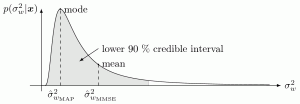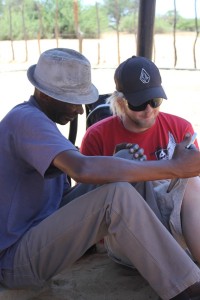 Date: 23 April 2012 (Monday!)
Date: 23 April 2012 (Monday!)
Time: 13.00-14.00
Place: NJ14 4-107
Human culture and human cultural values are fundamental to all aspects of our lives. It is natural, then, to consider the impact of such a fundamental element of human life on video games. At present, the attention paid to human culture in game studies has tended to revolve around three areas: representations of culture and different cultural groups in video game worlds, appropriations of video games amongst cultural groups, and the development of subcultures within or around particular games and genres. Beyond considerations of human cultures and their representations and interactions with video games, however, we can draw further structural connections. Cross-cultural research
conceptualises human culture in terms of some of the same structures we often use to understand games. If we map video games to cultures, we can view play as actions within a culture that supports and encourages particular sets of values and modes of behaviour, while discouraging, disallowing, and punishing other sets of values and modes of behaviour. Just as in human cultures, cultural members learn to rely on cultural rules for survival and progression, within games, players learn to do the same.
In this talk, I will present the perspective that video games do and arguably must embody human culture and cultural values in both their representational and mechanical layers. I will show how cross-cultural psychology and descriptions of human values can be applied to video games to yield insight into the nature of our interactions with them. I will present how cultural values manifest themselves in two contrasting video games, The Sims 3 and Fallout 3, using the widely accepted cultural constructs of individualism and collectivism. In
addition, I will present a case study of a previous project concerning the design of the culturally-relevant persuasive game, Smoke? Following from the implications of the analyses and the case study, I will present new design directions as yet underdeveloped in current video games, particularly in the form of human cultural values from non-Western cultures.
Bio
Rilla Khaled is an assistant professor at the Center for Computer Games Research at the IT University of Copenhagen, and has a PhD in Computer Science from the Victoria University of Wellington in New Zealand. Her current research focuses on how to design more effective and meaningful serious and persuasive games, the interactions between
games and culture, how to adapt game design methods to foster creativity and design diversity, and humour in games. She is involved in a number of research projects, including the EU FP7-funded SIREN serious game project and the Danish-funded Games for Health project. Her previous PhD research focused on culturally-relevant persuasive games, and established that designing for cultural relevance leads to greater persuasion. As Rilla’s background is in software engineering and cross-cultural psychology, her interests extend from the software-level design and development of games up to their higher level effects on and as cultural practices.

